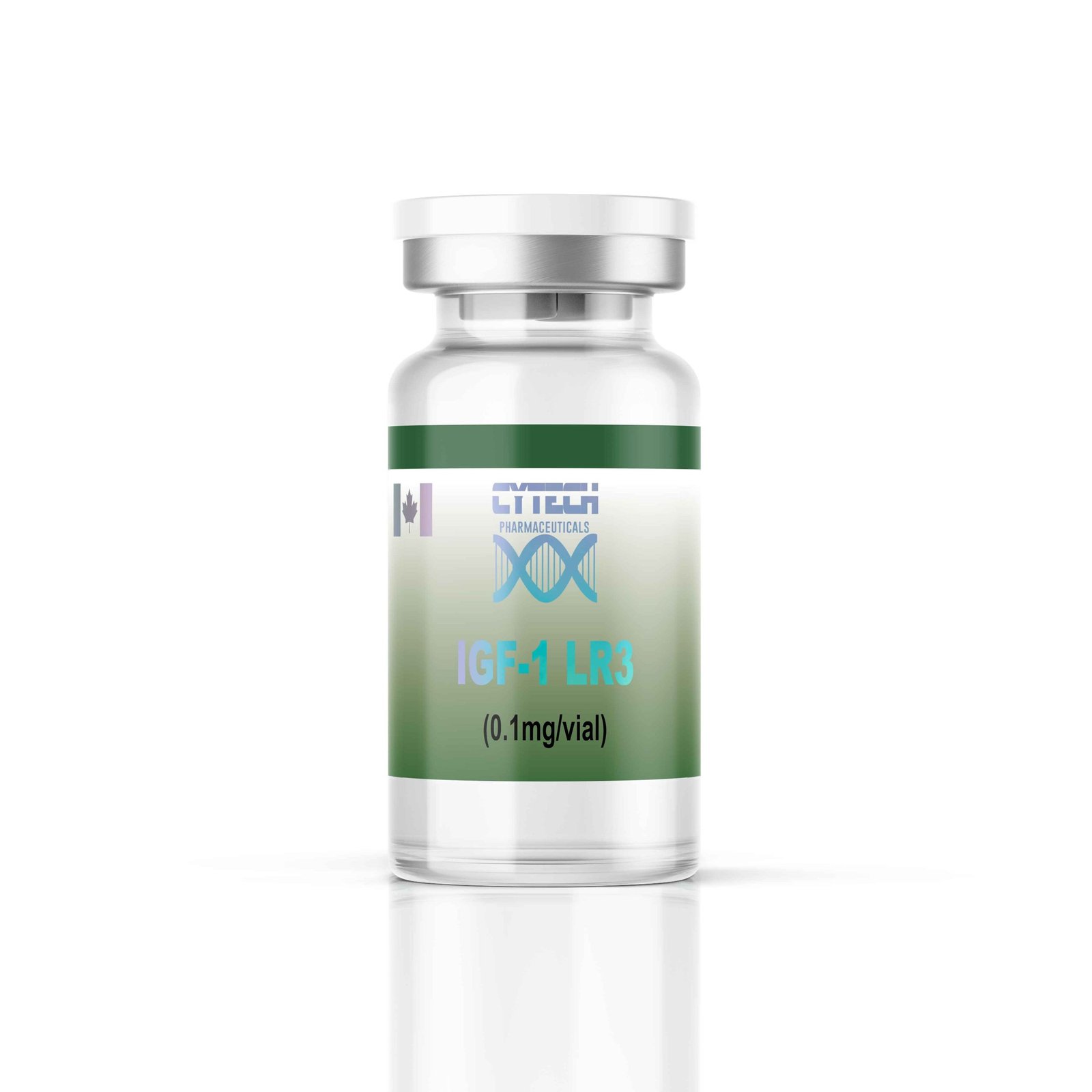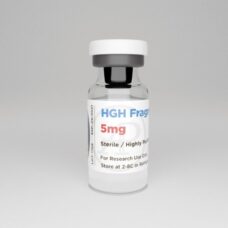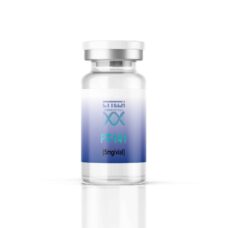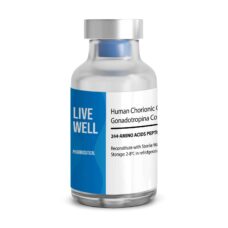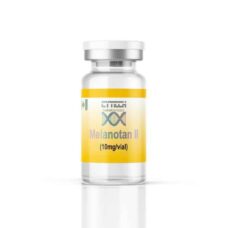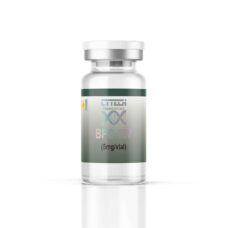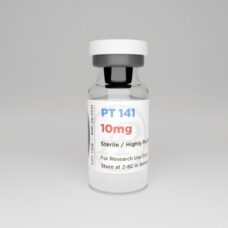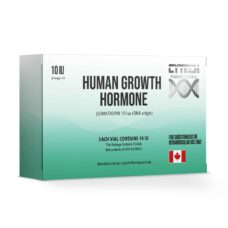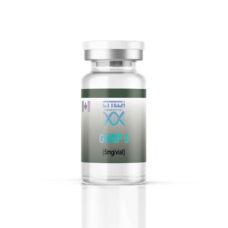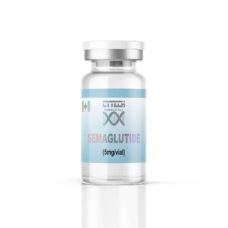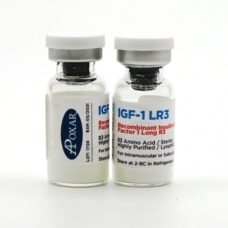IGF-1 LR3, or Insulin-like Growth Factor 1 Long R3, is a synthetic variant of the naturally occurring IGF-1 (Insulin-like Growth Factor 1). Known for its potent anabolic effects, IGF-1 LR3 has garnered significant attention in medical and athletic communities. This article explores the biology, benefits, applications, dosing protocols, and potential risks of IGF-1 LR3.
Biology of IGF-1 LR3
IGF-1 is a hormone structurally similar to insulin that plays a crucial role in growth and development. It is primarily produced in the liver and released in response to growth hormone (GH) stimulation. IGF-1 LR3 is an engineered version of IGF-1 with a modified amino acid sequence that extends its half-life and enhances its biological activity.
The primary difference between IGF-1 and IGF-1 LR3 is the addition of a 13-amino acid extension at the N-terminus and substituting arginine for glutamic acid at position 3. These modifications prevent the binding of IGF-1 LR3 to IGF-binding proteins (IGFBPs), thus increasing its stability and duration of action in the body.
Mechanism of Action
IGF-1 LR3 binds to the IGF-1 receptor, initiating a cascade of intracellular signaling pathways that promote cellular growth, differentiation, and survival. It stimulates protein synthesis, enhances cell nutrient uptake, and inhibits programmed cell death (apoptosis). These actions are particularly significant in muscle, cartilage, bone, and nerve tissues, making IGF-1 LR3 a potent anabolic agent.
Benefits and Applications
Muscle Growth and Repair
IGF-1 LR3 is highly valued in bodybuilding and sports for its ability to stimulate muscle hypertrophy and enhance recovery. Promoting protein synthesis and increasing amino acid uptake facilitates rapid muscle growth and repair, making it a popular choice among athletes seeking improved performance and physique.
Anti-Aging and Regenerative Medicine
Due to its regenerative properties, IGF-1 LR3 is being investigated for potential anti-aging applications. It may help counteract age-related muscle wasting (sarcopenia), improve skin elasticity, and support overall tissue regeneration.
Neurological Health
IGF-1 LR3 has shown promise in supporting nerve health and function. It may aid in the repair of damaged neurons and protect against neurodegenerative diseases, making it a potential therapeutic agent for conditions like Alzheimer’s and Parkinson’s disease.
Bone Health
IGF-1 plays a critical role in bone growth and remodeling. IGF-1 LR3’s ability to stimulate osteoblast activity and promote collagen synthesis may enhance bone density and strength, offering potential benefits for individuals with osteoporosis or bone injuries.
Related products
HGH & Peptides


